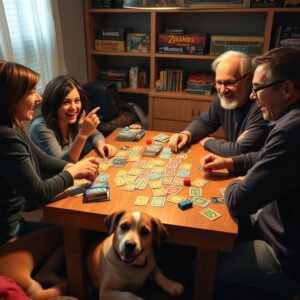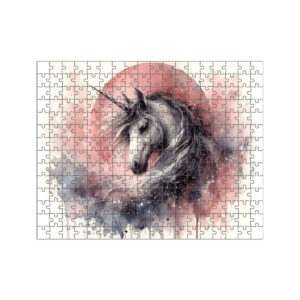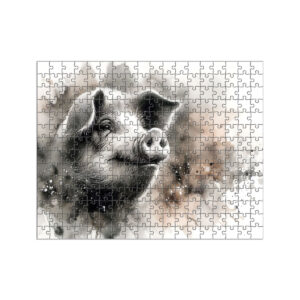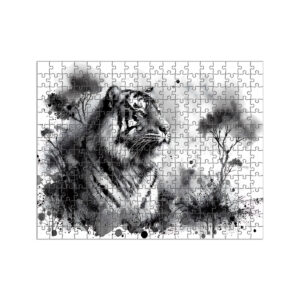
Explore & Play
Discover interesting topics and solve the accompanying crossword puzzle.
Smell Crossword: Exploring Aroma to Musk in Puzzles
Table of Contents
Smell Crossword
You can either fill in the crossword puzzle directly on this page or click the button in the bottom right corner to print it for free.
——————————————
Exploring Smell-Related Clues in Crossword Puzzles: From Aroma to Musk
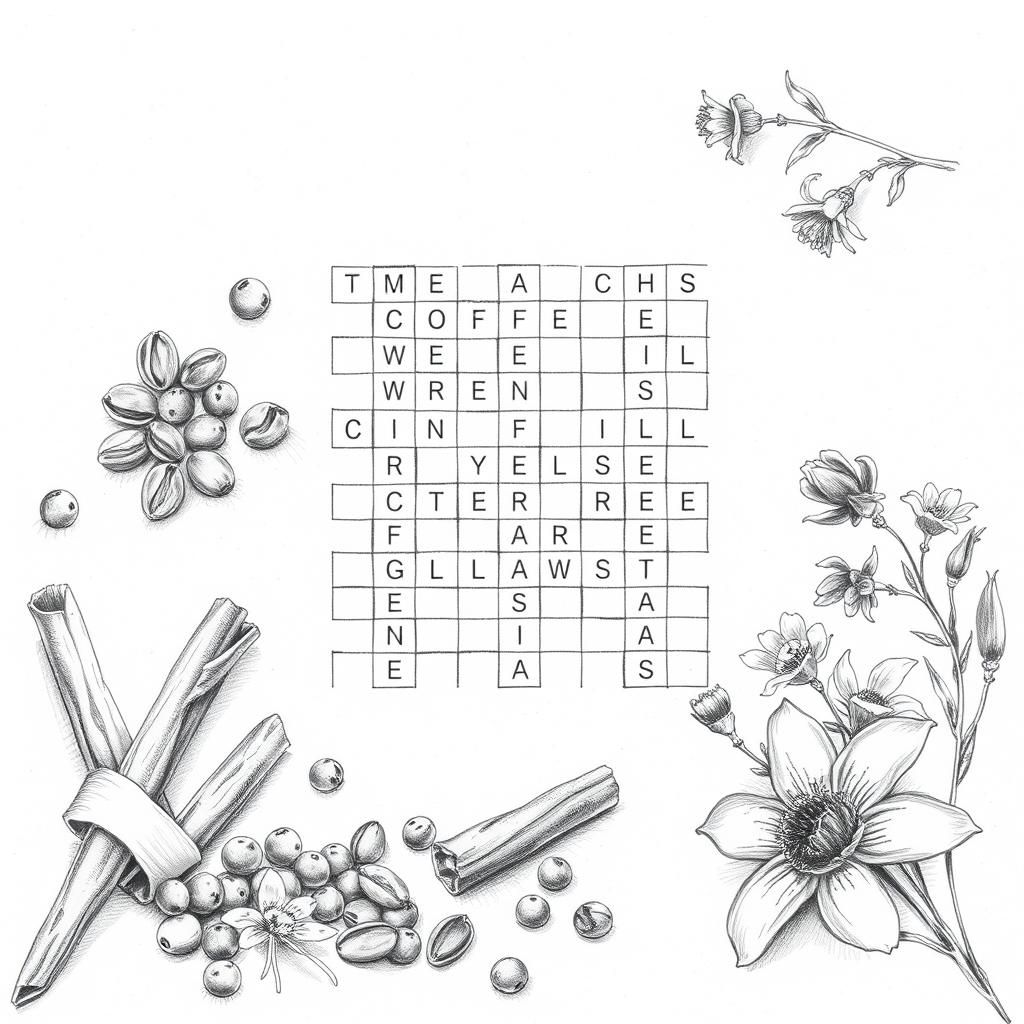
Introduction
Picture this: you’re staring at a crossword grid, and the clue reads simply “smell.” It’s one of those deceptively easy prompts that quietly nudges you to dig deeper. Smell-related clues have steadily carved out a unique niche in the crossword world—part trivia, part sensory experience. These clues don’t just tap into a dry definition; they invite solvers to connect with a common yet often overlooked part of everyday life: scent.
“Smell Crossword” has become a surprisingly popular theme among puzzle makers and enthusiasts alike. Why? Because scent words carry so much more than just meaning—they carry feeling. Think about it. From the comforting aroma of freshly baked bread to the unmistakable musk of a wild forest, smell words conjure worlds you can almost step into, even in a black-and-white grid of answers.
For crosswords, scent terminology offers rich territory. The vocabulary spans the spectrum: crisp, faint, pungent, fetid—the list goes on. Each word adds texture to a puzzle, making the solving experience that much more vivid. Plus, many smell-related answers come with layers of meaning, giving clue writers the wiggle room to craft clever double entendres. This blend of sensory imagery and wordplay keeps both crossword buffs and scent aficionados hooked.
So next time you see a clue about smell, pause for a second. It’s more than just “odor” or “aroma”—it’s a little doorway into how language captures one of our most intimate, invisible senses.
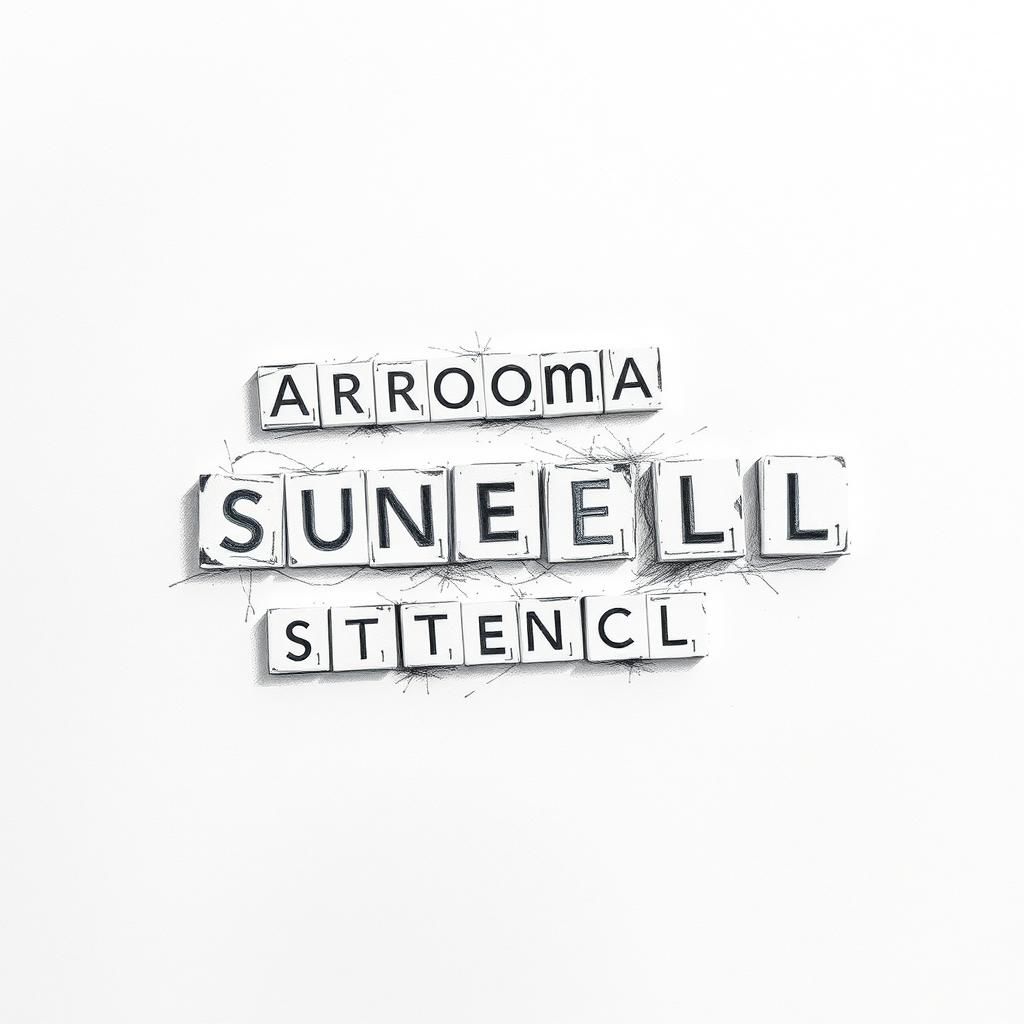
Common Smell-Related Words in Crosswords
When you sit down with a crossword puzzle and see a clue about smell, a handful of words tend to pop up again and again—each carrying its own flavor and function.
Aroma often leads the pack. It’s the go-to choice when the clue hints at something pleasant, a warm, inviting scent that stirs the senses. Puzzle creators love it because it’s evocative yet straightforward. The word itself feels like a breath of fresh air; it’s almost as if you can catch a whiff of freshly brewed coffee or blooming jasmine just by reading it. In recent puzzles, “aroma” has been a favorite answer for clues like “distinctive smell” or “fragrant hint,” embedding itself into solvers’ minds as a comforting, familiar scent.
Next up is the trusty odor—short, simple, and incredibly versatile. Its four-letter ease makes it a staple for crossword constructors aiming to fill tight grids. Odor can be neutral, pleasant, or downright nasty depending on context, which adds a nice layer of flexibility. When the clue reads just “smell,” odour is often the safest bet. But sometimes, it nudges you to think harder—maybe the puzzle wants a more specific twist like “fetid” or “stench,” words that bring to life the less glamorous corners of our olfactory world.
Then there’s musk and its cousin, pheromones—words that carry a whiff of mystery and ancient allure. Musk has a rich history, a scent once hunted down and prized by perfumers as a symbol of primal attraction and luxury. Crossword clues nodding to musk tap into that cultural weight, hinting at more than just a smell, but a story etched into human behavior. Pheromones take it a step further, slipping into the subconscious space where scent meets attraction, biology meets poetry. When these words appear, they invite solvers to consider how scent is woven deep into our instinctual fabric.
Beyond these, puzzles often toss in descriptive words like pungent, acrid, or rank—each conjuring a sharp, unmistakable sensory impact. For those moments when the challenge is to paint a stronger picture, words like putrid and stench bring the unpleasant smells to life, reminding us that not all scents are created equal. These vocabulary choices enrich the puzzle experience, expanding the olfactory palette and inviting solvers to engage their noses as well as their brains.
Together, these smell-related words form a core shorthand in the crossword world. They offer a shared language of scent, one that’s accessible yet layered, simple yet full of cultural resonance. It’s as if each clue holds a tiny story, waiting for you to catch the scent and decode its meaning.
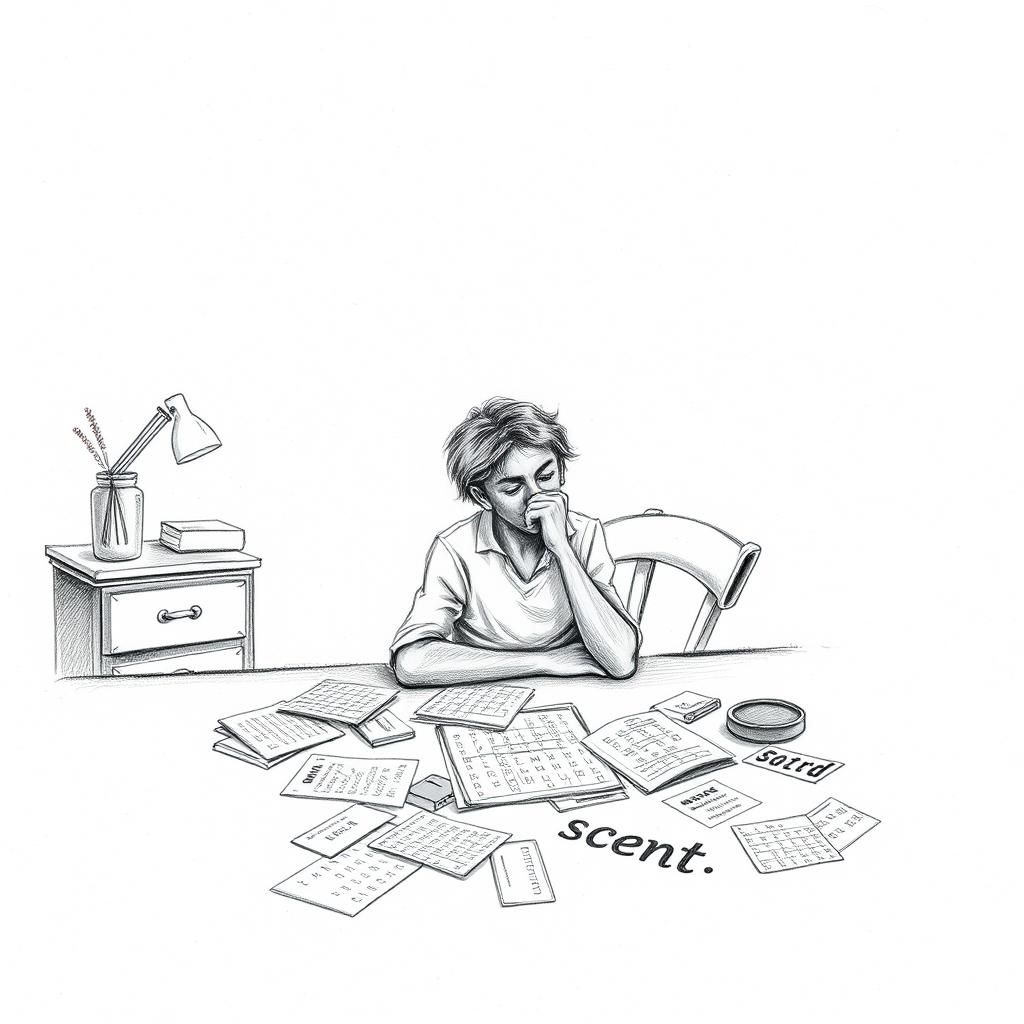
Dual Meanings and Linguistic Nuances
Crossword puzzles love a good double take, and smell-related clues are no exception. Take the word “sniff,” for example. On the surface, it simply means to draw air—or scent—into your nose. But peel back a layer, and “sniff” can also suggest a subtle form of investigation or suspicion, like when someone “sniffs out” a secret. This dual role makes “sniff” a goldmine for puzzle makers, who enjoy crafting clues that play with both senses and metaphor. You might see a clue like “Give a quick sniff,” nudging solvers toward the physical act, or “Detect subtly,” inviting the more figurative meaning.
Ambiguity like this adds a gentle nudge of challenge to puzzles. It’s not just about knowing a word’s definition; it’s about tuning into the setter’s sly hints and thinking about how the word breathes life into the clue beyond its dictionary meaning. Words like “reek,” which can mean both a literal foul smell and figuratively suggest something suspicious, also pop up frequently. This layered meaning transforms solving from a simple word hunt into a playful dance with language.
Solvers often find that appreciating these linguistic twists is what turns a crossword from a routine exercise into a moment of connection—between language, culture, and the scents that color our daily lives. It’s a reminder that even the smallest word can carry a world of meaning beneath its surface.
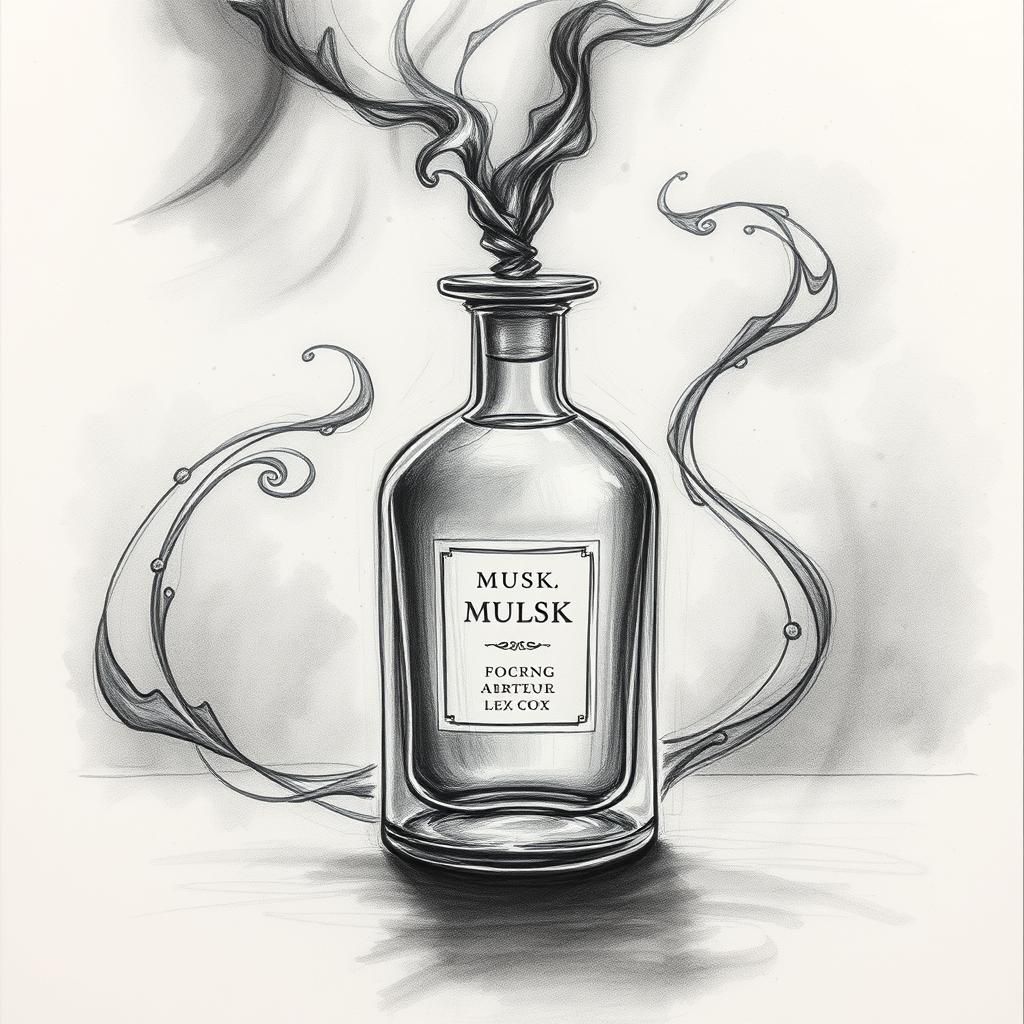
Smell has this curious way of sneaking into our puzzles and our lives, often unspoken but always felt. Experts in human behavior and scent remind us that pheromones—those invisible chemical whispers—play a subtle role in attraction, nudging us toward certain people without us even realizing it. While popular culture loves to paint pheromones as some sort of magical love potion, science tells a quieter story: these molecules influence mood and attraction in small, often subconscious ways. This duality makes them perfect fodder for crossword clues—mysterious yet rooted in real human experience.
Musk, a scent with a history as rich as its aroma, carries stories from ancient perfumers who prized it not just for its fragrance but for its cultural symbolism. Crossword creators have long tapped into musk’s allure, weaving it into puzzles that evoke both exotic charm and primal communication. It’s a word that feels alive with history, inviting solvers to catch a whiff of the past.
Meanwhile, “aroma” and similar words connect us through memory and emotion. Many solvers recall a puzzle where “aroma” unlocked not just letters but a personal moment—a flash of a favorite meal or a garden in bloom. The evolution of smell-related clues reflects this intimate connection: from simple “smell” hints to richer, more nuanced words that echo the complexity of how we actually experience scents.
In the world of crosswords, these olfactory clues do more than test vocabulary—they offer a touch of culture, history, and human nature. They remind us that behind every answer is a story waiting to be smelled, felt, and shared.
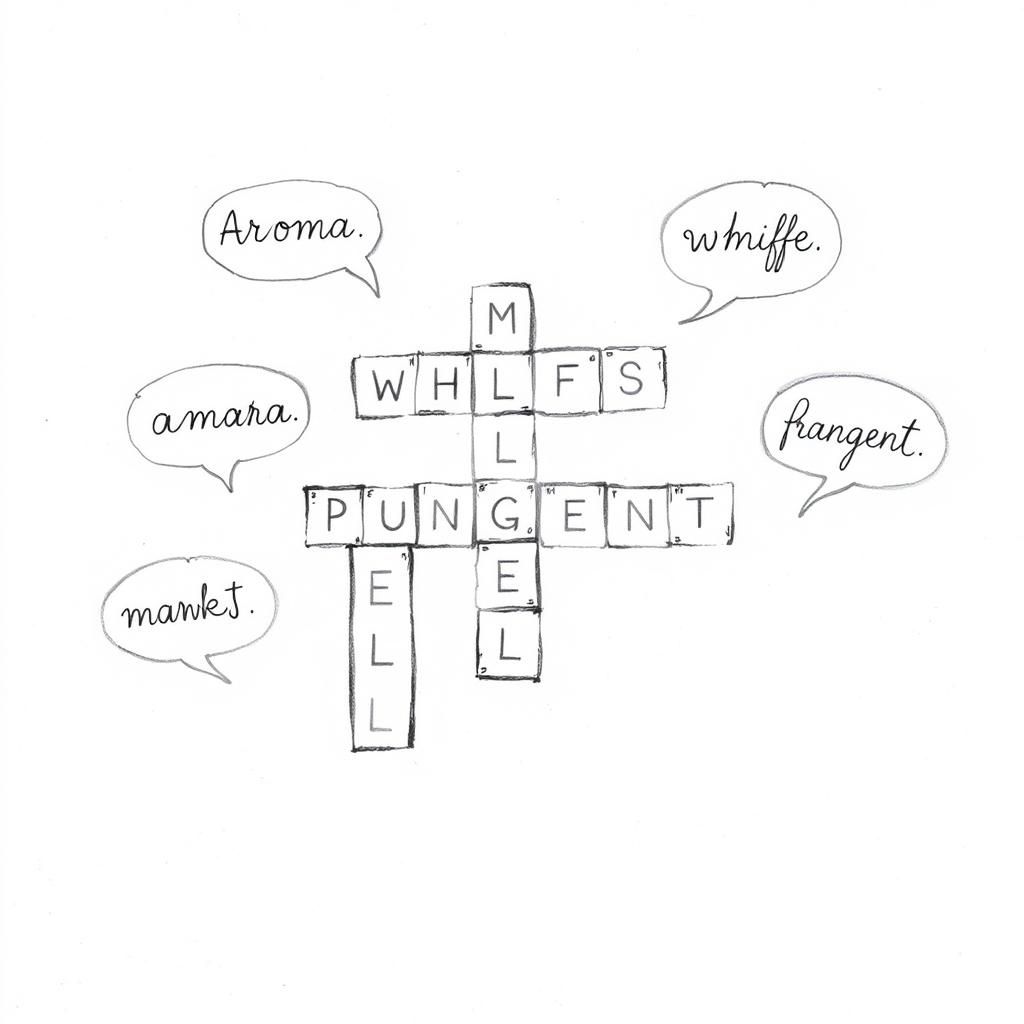
Engaging Crossword Enthusiasts with Smell Terminology
Step into any crossword community, and you’ll quickly notice that smell-themed puzzles have carved out a charming little niche. From USA Today’s clever daily challenges to the quick-fire rounds on Sporcle, “stinky” and “pleasant-smelling” clues pop up with delightful regularity, inviting solvers to scratch their noses and smile. These puzzles don’t just test your vocabulary—they tickle your memory and senses, reminding you of the sharp tang of fresh pine or the faint musk in an old library.
If you want to get ahead in these sniff-worthy crosswords, start by catching the usual suspects: words like aroma, odor, and musk often appear as the first stop in scent clues. But don’t stop there—crossword creators love slipping in synonyms or related words to keep things lively. Think scent, reek, or whiff for variety, and keep an eye out for descriptive adjectives like pungent or putrid that add a flavorful twist.
The key is appreciating the subtle shades between these words. A pungent hint might suggest something sharp or spicy, while putrid leans heavily into the downright unpleasant. Knowing these nuances not only boosts your solving skills but also enriches your appreciation for how language captures the invisible world of smells.
So next time you tackle a crossword featuring scent clues, pause to imagine the smell behind the word. Whether it’s the comforting aroma of fresh baked bread or a mysterious musk calling from a forgotten page, these puzzles bring the power of scent to life in a way that’s both playful and deeply human. Embrace the challenge, and let your nose guide you through the grid.
Share to...
I hope you enjoy the content.
Want to receive our daily crossword puzzle or article? Subscribe!
You may also be interested in
Share to…
Want to receive our daily crossword puzzle?
-
Jigsaw Puzzles
Enchanting Unicorn Watercolor Jigsaw Puzzle 250 | 300 | 500 Brikker
kr 348,00 – kr 439,00Price range: kr 348,00 through kr 439,00 Select options This product has multiple variants. The options may be chosen on the product page -
Jigsaw Puzzles
Elegant Pig Zodiac Watercolor Jigsaw Puzzle 250 | 300 | 500 Brikker
kr 348,00 – kr 439,00Price range: kr 348,00 through kr 439,00 Select options This product has multiple variants. The options may be chosen on the product page -
Jigsaw Puzzles
Zodiac Series Tiger Ink Puzzle – Black and White Art 250 | 300 | 500 Pieces
kr 348,00 – kr 439,00Price range: kr 348,00 through kr 439,00 Select options This product has multiple variants. The options may be chosen on the product page

